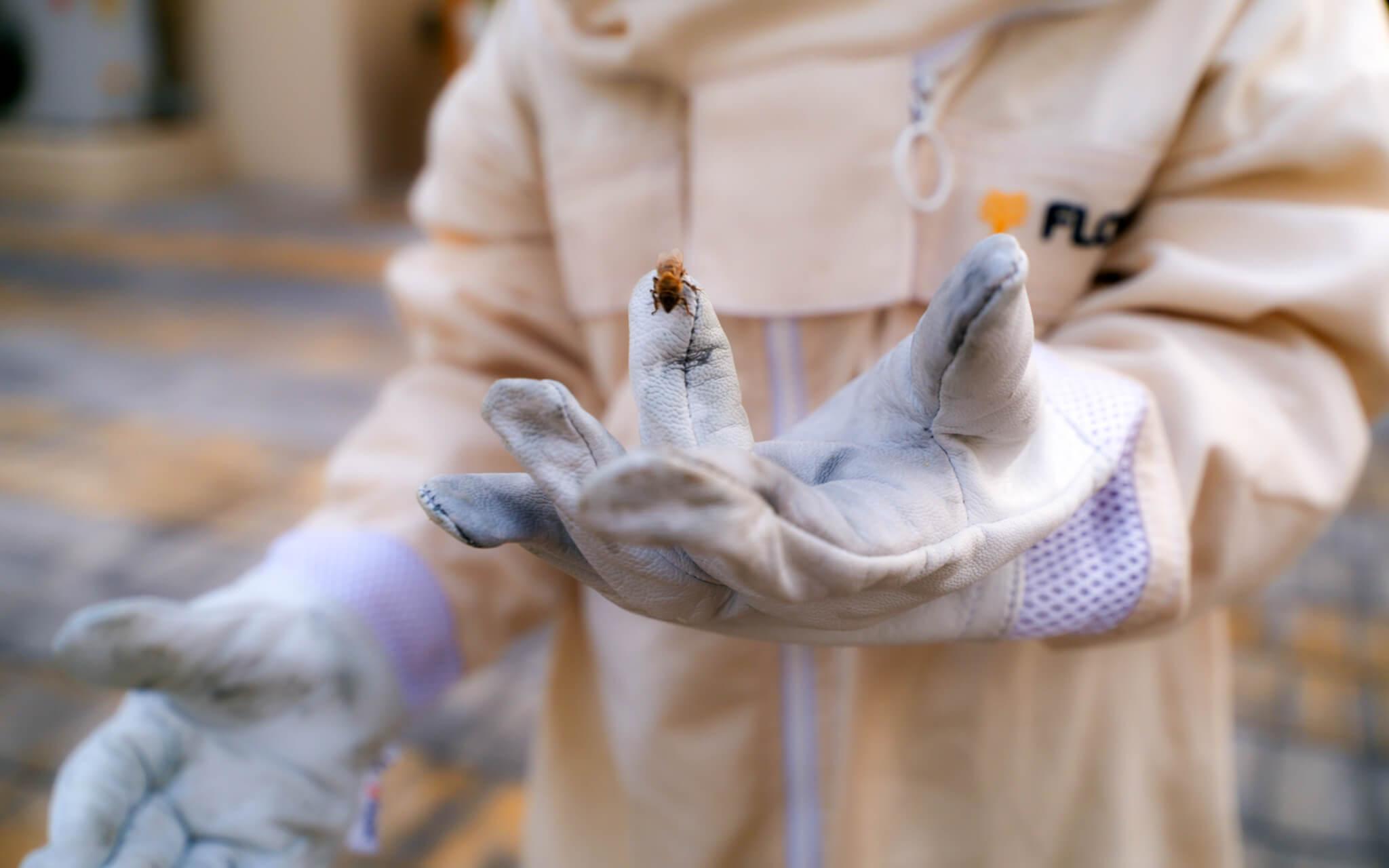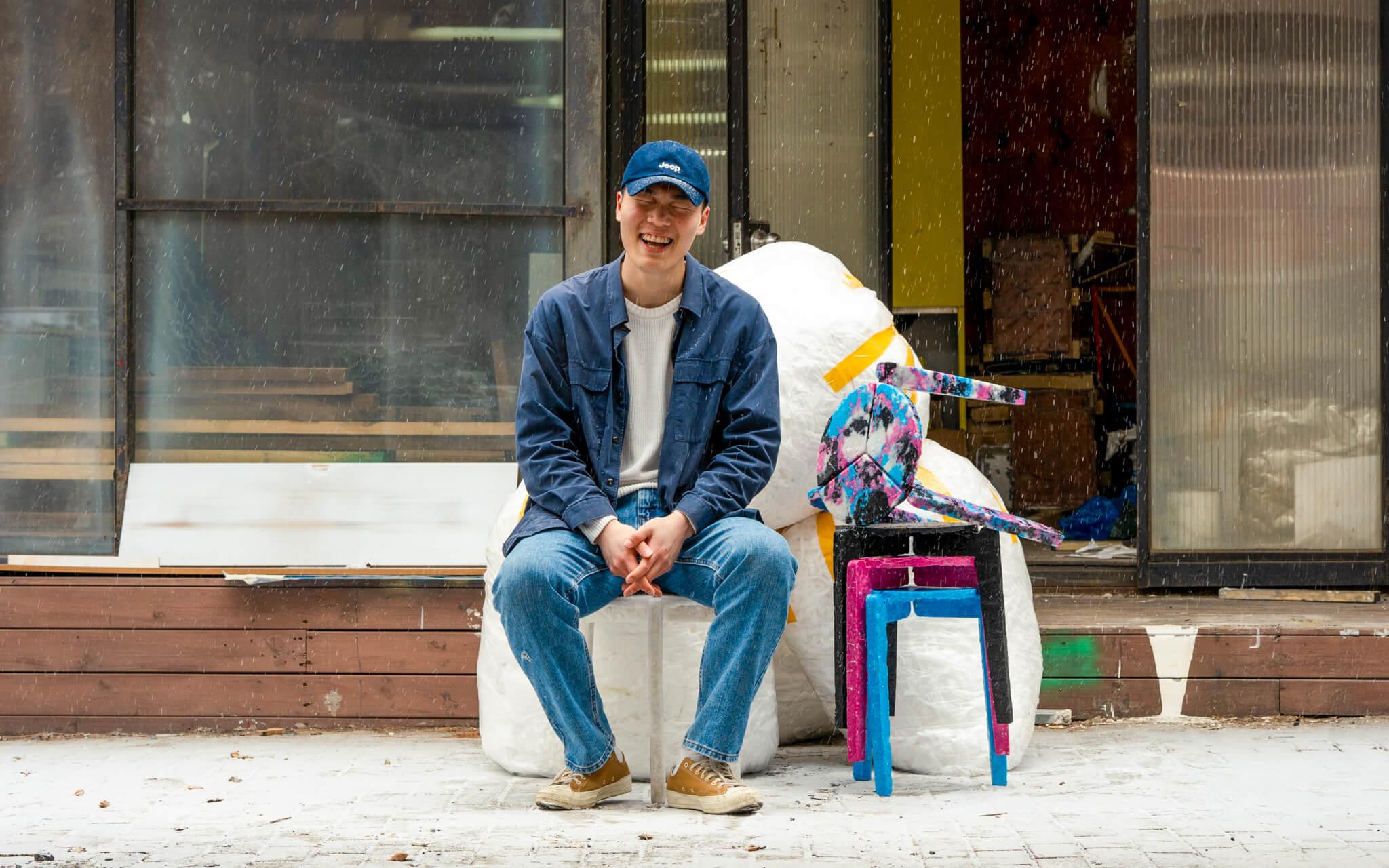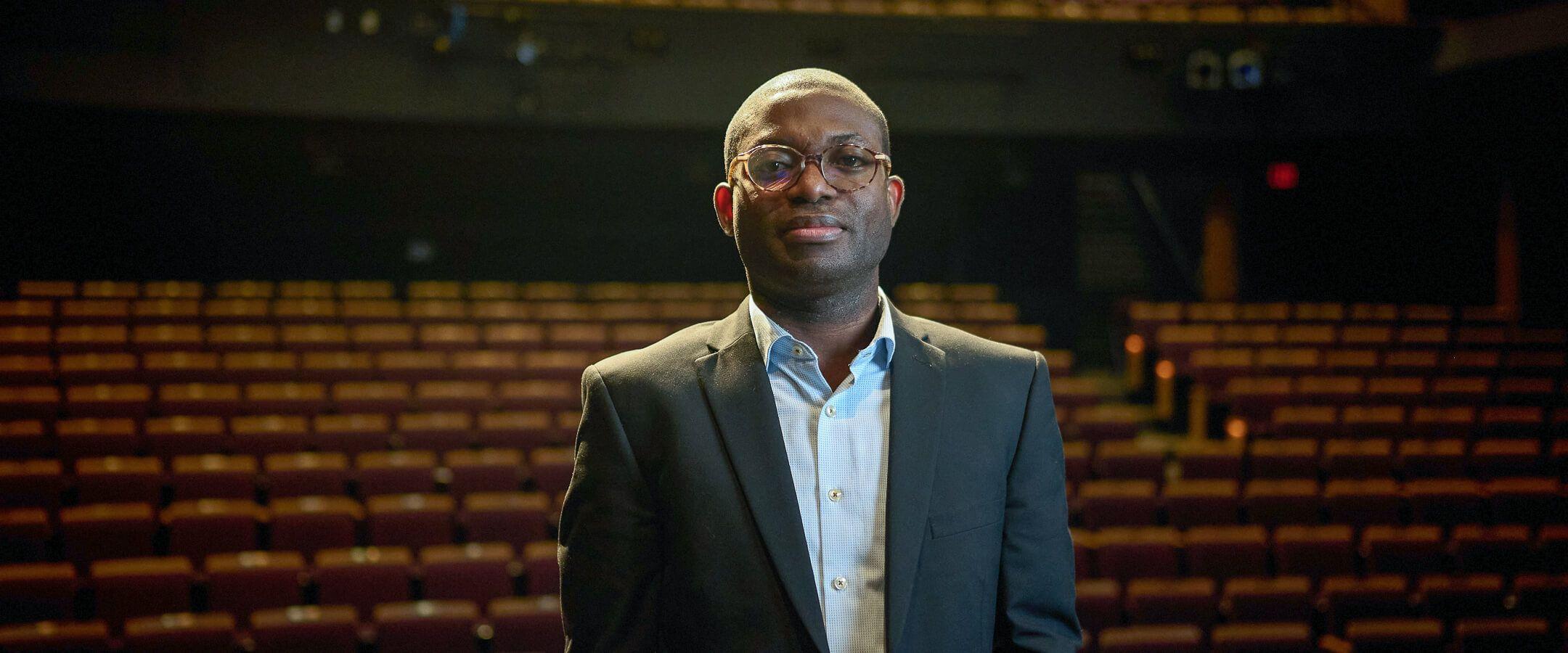Schooling the Seeds of Sustainability
The Global Schools Program, a flagship initiative of the United Nations Sustainable Development Solutions Network, empowers educators and students worldwide with sustainability education. With their passion and persistence, Raquel Armendariz and Alexa Rose Pettinari drive this mission forward.
Alexa Rosa Pettinari loved starting ‘lively’ environmental debates with her fellow university students. Originally from the United States and now based in Malaysia, Alexa chuckles as she recalls her pathway to climate advocacy, “The other students asked me if environmental ethics was my major. It wasn’t, so I immediately went to the registration office and changed it.”
However, Raquel Armendariz’s pivotal moment came a bit closer to home. As a young girl in her native Spain, Raquel learned of climate change at school. “I suddenly understood that the planet was suffering, and since that moment, I’ve asked, why aren’t we doing something? Why are we not taking action?"
Both women are now dedicated to advocating for climate action through their work at the Global Schools Program. With team members across the globe, the Global Schools Program brings sustainability education to the forefront of classrooms worldwide, a mission that resonates deeply with Raquel, Project Lead for Communications, and Alexa, Project Officer.
Since its launch in 2018, the Global Schools Program has made significant strides in its mission. By engaging over 1,500 schools in 105 countries, Global Schools has produced more than 13,000 lessons on sustainable development, reaching 150,000 students worldwide. "We have activity guides and lesson plans in more than ten languages, including all the official U.N. languages,” Raquel shares excitedly, highlighting a new toolkit for policymakers demonstrating how to integrate climate literacy into national curriculums.
The program offers training for educators everywhere, even taking into account the very real possibility of limited internet access. "It's an online course," Alexa explains. "We even offer it through Whatsapp; we try to make it as accessible as possible for everybody in every capacity."
Before joining forces at the Global Schools Program, Alexa and Raquel worked in various climate advocacy-related roles. Raquel honed her leadership skills by spearheading initiatives like Climate Reality and Girl Up, while Alexa led a campaign to ban plastic bags with Environment Oregon and worked in Asia promoting impact investments.
When asked which projects have meant the most personally, Alexa feels forever touched by her time working with displaced Rohingya women in Myanmar. “I came at it from an economic sustainability standpoint,” she explains. “I worked with women inside unofficial refugee camps and helped bring business solutions.”
The project has stuck with Alexa over the years. “It never saw completion, mainly due to security reasons,” she says, shaking her head. “Sadly, with rising sea levels, those communities will be even more at risk because they're on a very low-lying coastline.”
Climate change, in all its forms, impacts women at higher rates, and women in the global south often feel its devastating effects first. A fact that highlights why climate literacy and awareness are crucial elements in any modern education system.
For Raquel, the most fulfilling projects have been those that have allowed her to promote climate solutions through creative storytelling. “Whether it’s at the Global Schools Program or in my personal life, I enjoy writing and using different platforms to give voice to concerning issues and really spread awareness.”
The children and youth of today are going to be the ones who will suffer the most. So, they need to be ready.
The two women easily complement each other’s skills, each empowering the other to explore solutions and create impact. Alexa's expertise in international development and education makes her a perfect fit for the program's teacher training initiatives, providing comprehensive support and mentorship to educators.
However, they both acknowledge one of the biggest challenges for teachers—getting school leadership on board. "A lot of it is getting buy-in from the people above them," Alexa notes.
She isn’t willing to let that stop her, though. "Teachers will take a project idea to their principal, and they’ll shut it down based on finances. Then, my job is to find monetary resources or connect them with local collaborative partnerships."
And Raquel, with her social media savvy, amplifies the program’s efforts through engaging campaigns. Yet, it’s their shared sense of urgency that brings them together. For Alexa and Raquel, the need for climate education cannot be overstated. “The children and youth of today are going to be the ones who will suffer the most,” Raquel warns. “So, they need to be ready.”
Alexa couldn’t agree more. “Green skill development is not about whether or not we need it. It's about why we are not putting it in our schools now! These skills will be needed to survive and thrive in the world we are entering, the world we’re already in.”
Despite the harsh realities of our current climate situation, working with educators and young people fuels hope. Yet, scaling solutions globally while accounting for local contexts is tricky.
"Implementing an International School in Malaysia with enough funding is going to be different from implementing in a rural school in Kenya," Alexa explains. "So we have to be really adaptable, look at this from a more global perspective, and zero in on regional and local perspectives when required."
Raquel echoes this sentiment: "I think that's the biggest problem. How do we find solutions for a global audience while considering their local realities?"
"The thing that is the most challenging and the most frustrating for me is when you have a teacher that's 100% dedicated to doing this with no extra pay, nothing but their own time, sweat and tears over it and then their principal or somebody in the head of their department says they don't want to support it," Alexa laments.
Despite these obstacles, Raquel and Alexa’s confidence in the program is evident throughout our interview, envisioning a time when Global Schools will be available for every student.
"The more you know, the more you can do, and small actions really add up,” Alexa says. Raquel nods in agreement. “You really can change your community."
Most Popular
The Climate Tribe delivers stories about Biodiversity and Conservation, Circular Economy, Food and Water , and how they intersect with climate.
Subscribe
Get the latest stories inspiring climate action around the globe straight to your inbox.






